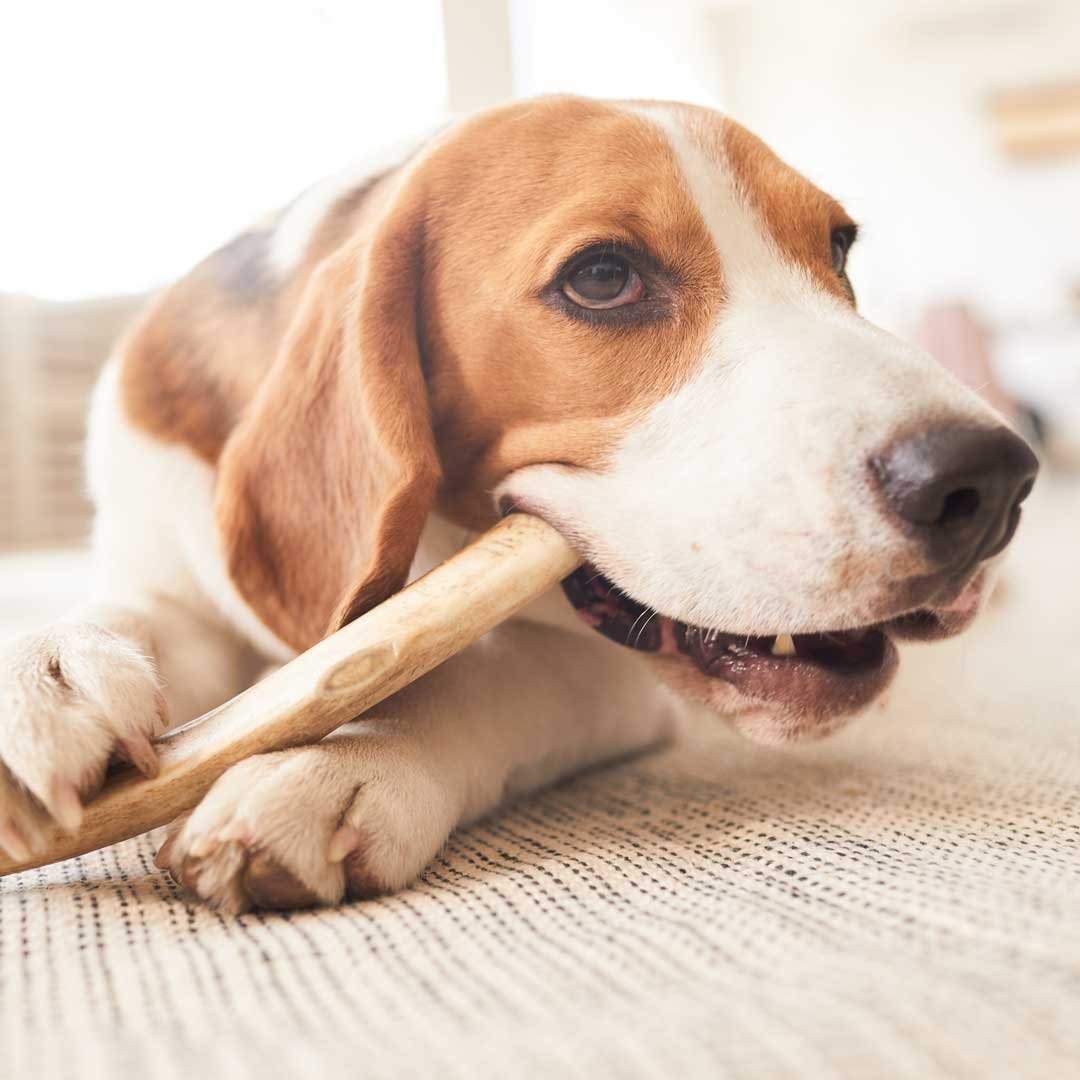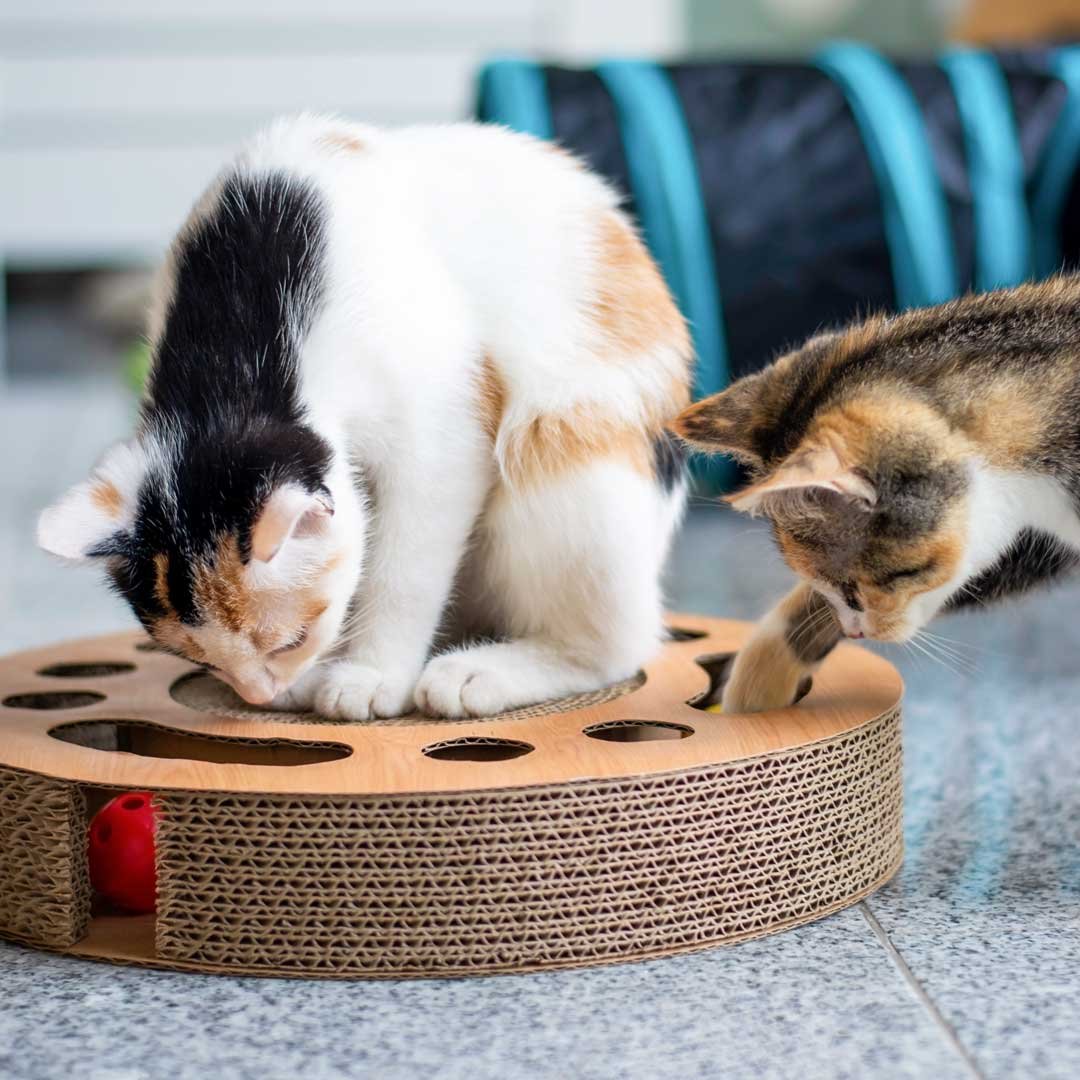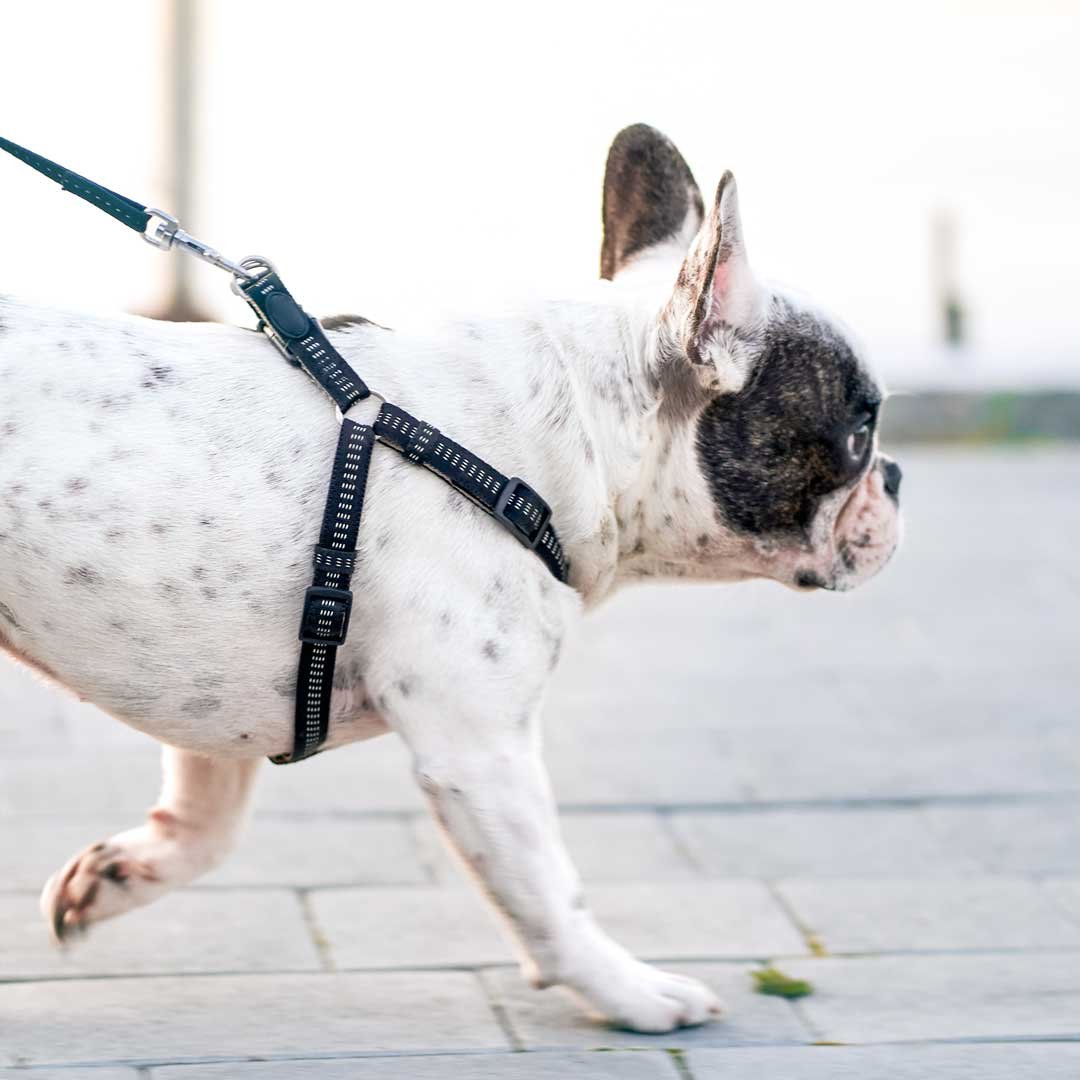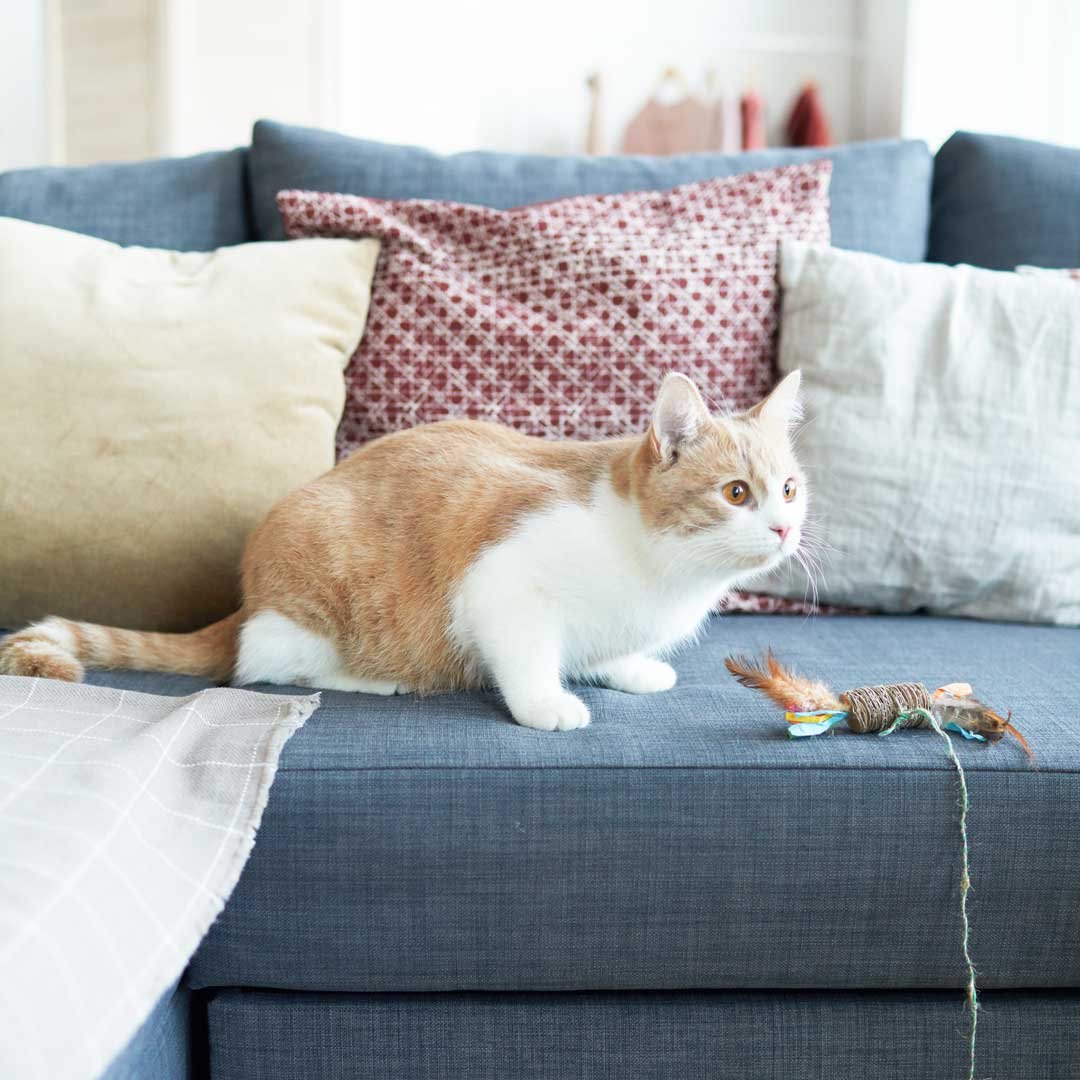Did you know that puppies should have their walks built up slowly over a few months?1 A perfect first walk for a new puppy might just be exploring the front garden for a short time.1
When you bring home a puppy, it’s a thrilling but big responsibility. Training is a key part of this. It sets the stage for a well-mannered and cheerful dog in the future. Puppy training is both enjoyable and fulfilling. It needs your full commitment, patience, and lots of love.
Start their training early. Use rewards to encourage good behaviour. Be steady in your approach. This way, you help your puppy grow up to be a well-adjusted and contented dog.
Key Takeaways
- Early training is crucial for a well-behaved and happy dog in the future
- Positive reinforcement and consistency are key to successful puppy training
- Crate training, socialisation, and leash training are essential puppy training techniques
- Patience and short, frequent training sessions are important for puppy training progress
- Seeking professional guidance can help address any specific training challenges
Getting Started with Puppy Training
Begin training your puppy when you get them home. Puppies learn fast in their early months.2 You should focus on good habits from the start to avoid later problems.3 Use positive reinforcement for effective training. Praise, treats, and love help your pup learn and strengthen your bond.
Start Early: Laying the Foundation
Starting at 8-10 weeks is best for training.2 Create a schedule with feeding and play times, among other activities.2 Crate training aids in reducing separation anxiety.2 Introduce simple commands early, like Sit & Come.2
Positive Reinforcement: The Key to Success
Positive reinforcement is crucial for good training. Reward desired behaviour with treats and praise.4 This makes your puppy more likely to repeat the behaviour and strengthens your bond. Redirect chewing with toys to teach your puppy what’s acceptable.2
Consistency: A Vital Element
Being consistent is vital for training your puppy. Use the same commands every time.2 Everyone in the household should follow the same rules.2 For potty training, remember the age in months rule.2 Start socializing early with family and friends.2
At 10-12 weeks, focus on more training and social skills.2 Introduce new commands like Place, Down, and Heel.2 Add a leash and harness to their training. Keep socializing with other people and dogs after vaccinations.2
Essential Puppy Training Techniques
Bringing a new puppy home is very exciting. Training them well is key to their growth and your happiness together. Key techniques include crate training, making them social, and teaching them to walk on a leash.
Crate Training: A Safe Haven
Using a crate can give your puppy a safe space.5 They see it as their personal area. This method helps keep them safe and deal with being alone. To make it work, slowly get them used to the crate and reward them for going in.5
Socialisation: Developing Confidence
It’s important to socialize your puppy when they’re young.2 Let them meet different people, visit new places, and interact with animals safely. This makes them feel secure and friendly as they grow up.5 Proper socialization can prevent future behaviour issues.
Leash Training: Walking Side by Side
Teaching your dog to walk on a leash is vital.2 Start early, and reward them for walking nicely beside you. It might take a while, but it’s a big part of making your puppy well behaved.5
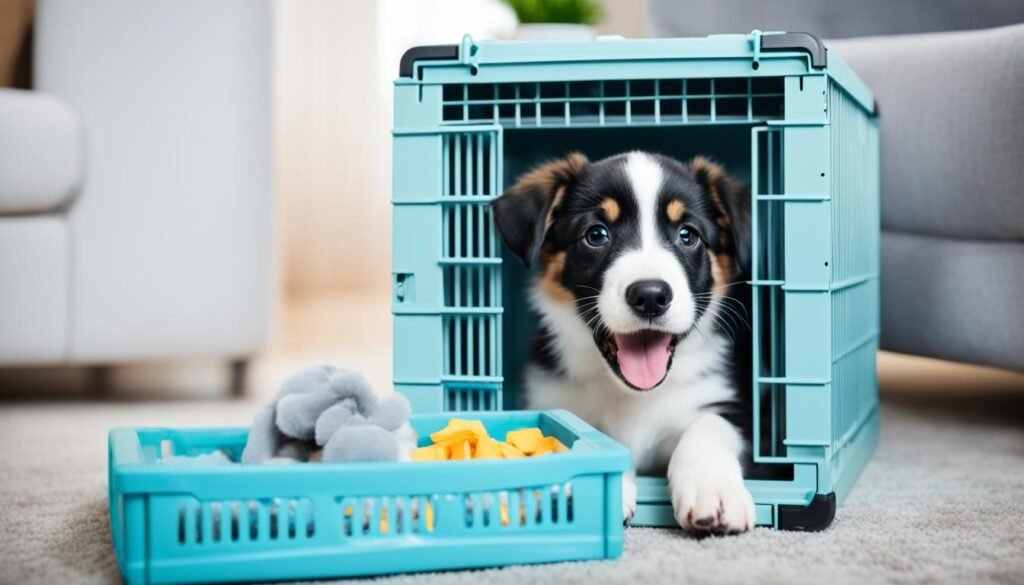
By using these puppy training techniques, you’ll set the stage for a great pet. Stay consistent, be patient, and always use positive ways to teach. This will make the journey rewarding for both of you.
puppy training: A Rewarding Journey
Training a puppy needs patience and perseverance. They won’t pick up everything quickly and will slip up.6 Be cool, avoid punishments, and keep showing them how to do things right. Your hard work will show in the end.6
Patience and Persistence: The Path to Progress
Puppies lose focus fast, so make training short and enjoyable.7 Have lots of brief sessions each day, not one long one. This will keep your pup interested and stop them from feeling too tired or fed up.7
Bite-Sized Training Sessions
Watching your puppy closely at first is key. Use barriers or a leash to stop them causing trouble or going where they shouldn’t when you’re not right there.7
Supervision and Management
With patience, brief trainings, and good watching, you’ll enjoy seeing your puppy learn and develop.67
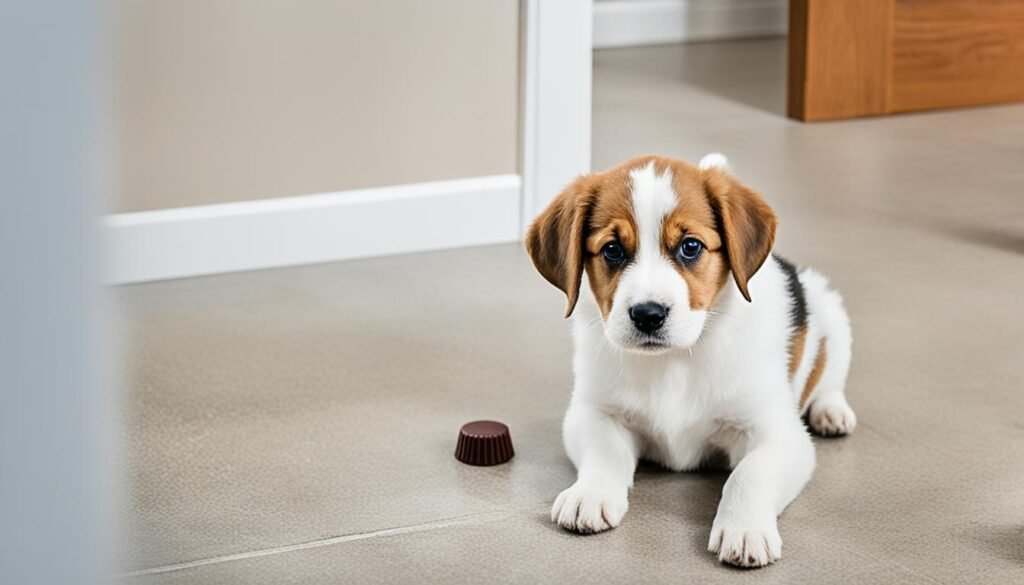
Addressing Challenges and Seeking Support
If you’ve been working hard on puppy training, you might still run into some challenges.8 But the great thing is, you’re not alone. Expert advice from a certified dog trainer is available. They can give you specific help for dealing with your puppy’s behaviour issues.8
Professional Guidance: When to Seek Help
Are you finding puppy training challenging? If so, reach out to a professional dog trainer without delay. They’ll provide expert puppy training advice. You won’t feel alone in dealing with these issues.8
If socialization, obedience, or energy is the problem, they can create a plan just for you. This will address your puppy’s unique needs.910
For a Zoom session with a pro, click here. Or, for an in-person meeting, click here. Attending training classes with other dogs is also beneficial. It helps enhance your puppy’s skills and lets you learn with other pet owners.8
Every puppy is different. Training might not always go smoothly. That’s why getting professional help could be crucial. It keeps your puppy’s growth on the right path. Plus, it makes the training process fun for both of you.810
Conclusion: Embracing the Puppy Training Adventure
The puppy training journey is very rewarding. It needs time, patience, and lots of love. It’s key to start early, use positive ways, and be constant.
Every puppy is different, so you may need to adjust your training. This will help your puppy behave well and be happy.
Enjoy this rewarding puppy training adventure. You and your puppy will share a special bond. There will be challenges, but always focus on the good things. Use praise, play, and the right snacks to encourage good behaviour.
Creating a routine and playing together are vital for a happy, healthy puppy.11 Including crate training is also helpful. And these activities make your pup’s life better.
Getting help from experts or joining puppy classes is a good idea. It gives your puppy a good learning space.12 Being patient and loving will help build great memories and a strong friendship with your puppy.
FAQ
When should I start training my puppy?
What is the best training method for puppies?
Why is consistency important in puppy training?
How do I crate train my puppy?
Why is socialisation important for puppies?
How do I leash train my puppy?
How can I keep my puppy’s training sessions effective?
When should I seek professional help for puppy training?
Source Links
- https://www.paullaskydogtraining.co.uk/blog/howtowalkyourpuppy
- https://www.thepuppyacademy.com/blog/2020/8/24/complete-puppy-training-schedule-by-age
- https://www.petmd.com/dog/training/when-start-training-puppy
- https://be.chewy.com/basic-puppy-training/
- https://www.thepuppyacademy.com/blog/2023/4/7/the-ultimate-guide-to-puppy-training-tips-tricks-and-techniques
- https://pupgradek9.com/can-you-stop-a-behavior-with-rewards/
- https://www.petplan.co.uk/pet-information/puppy/advice/puppy-training-timeline/
- https://dogbizsuccess.com/the-dog-training-class-revolution
- https://www.dogstrust.org.uk/dog-advice/puppy/solve-common-puppy-problems
- https://barkingmaddogtraining.co.uk/the-ultimate-guide-to-surviving-the-teenage-phase-with-your-furry-best-friend
- https://trupanion.com.au/blog/the-five-essentials-of-puppy-training-a-guide-for-new-pet-owners/
- https://petcoach.sg/puppy-training-guide-for-new-pet-owners-puppy-singapore/


